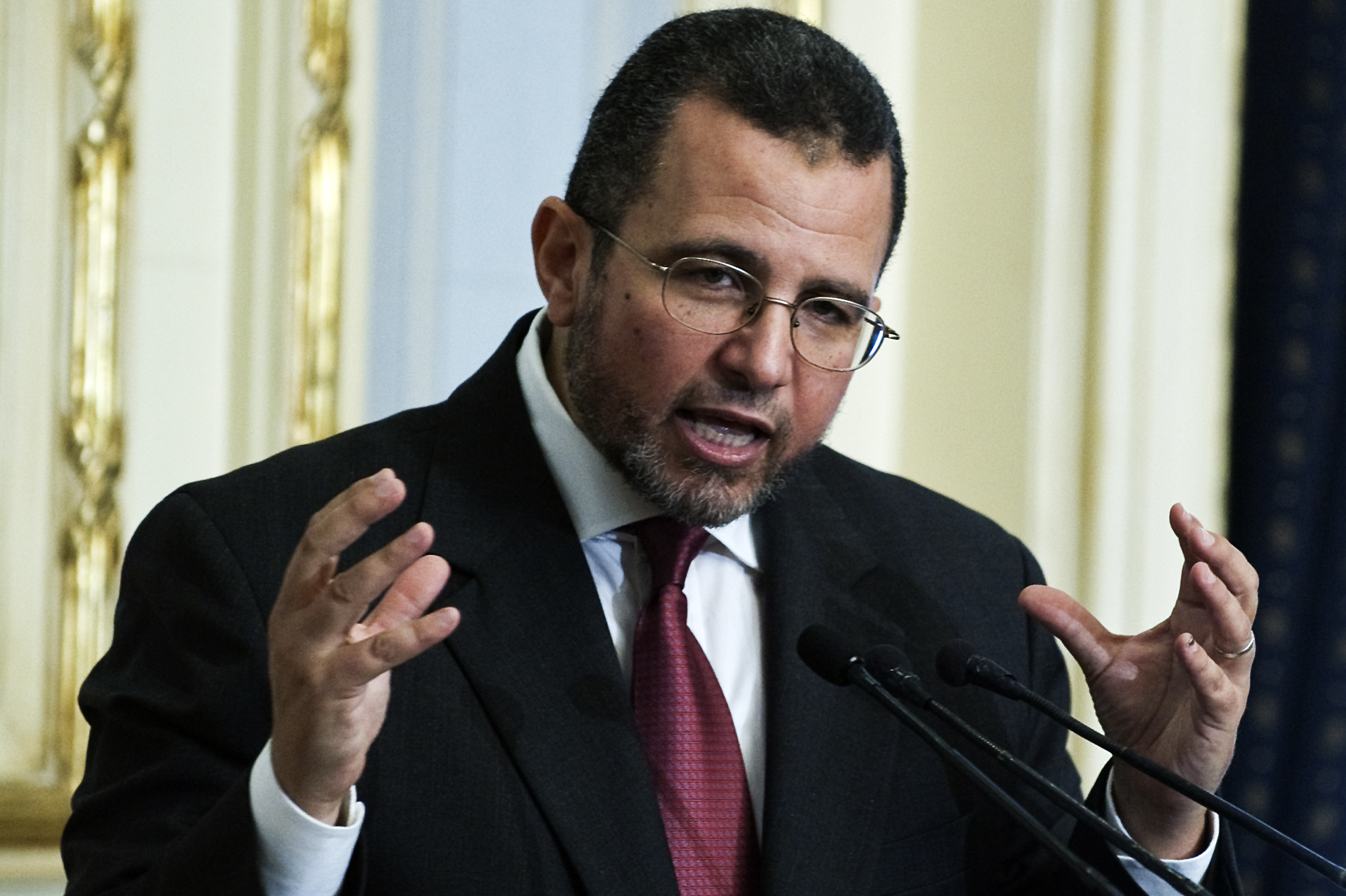Egypt’s Minister of Water Resources and Irrigation, Hani Sewilam, has called on the international community to place the water sector at the centre of global climate finance strategies, stressing that investing in water is synonymous with investing in climate adaptation, food security, public health, and disaster risk reduction.
Speaking at a session titled “The Arab Vision Towards the 2026 UN Water Conference: Investing in Water” during the 8th Cairo Water Week, Sewilam outlined Egypt’s approach to sustainable water investment, grounded in the conviction that water security cannot be achieved without financial sustainability and climate resilience.
He noted that Egypt has made massive national investments in the water sector over the past decade. Under the presidential initiative “Decent Life”, the government has worked to improve water and sanitation services in rural areas, reflecting Egypt’s commitment to achieving Sustainable Development Goal 6 (SDG 6) and enhancing resilience to climate change.
Sewilam emphasised that financing the water sector is not merely a national challenge but a regional and global priority, particularly for the Arab region — one of the most water-scarce in the world. He noted that 19 of the 22 Arab countries face acute water shortages, and more than half are developing or least developed nations grappling with compounded financial and environmental pressures.
The Minister called for innovative financing mechanisms, debt relief initiatives, and increased concessional funding for vulnerable countries. He urged that at least 50% of global climate finance be directed towards adaptation, with a fair and transparent allocation to the water sector to strengthen resilience in regions most affected by scarcity and climate stress.
Recalling Egypt’s presidency of COP27 in Sharm El-Sheikh, Sewilam highlighted the establishment of the Loss and Damage Fund as a landmark achievement for developing countries. He called for recognising water-related losses caused by floods, droughts, and sea-level rise as a priority for funding under this mechanism, given their direct impact on livelihoods, agriculture, and national economies.
Sewilam also underlined Egypt’s efforts to create an enabling environment for private sector participation through enhanced legal and regulatory frameworks supporting public–private partnerships (PPPs). Successful models have already been implemented in desalination, wastewater treatment, and water reuse, with plans to expand into additional infrastructure projects. The government has allocated €10 million to prepare new PPP initiatives in the sector.
He concluded by reaffirming Egypt’s commitment to unifying the Arab position ahead of the 2026 UN Water Conference, to present a common regional vision that ensures equitable access to climate finance and greater support for adaptation efforts in water-scarce regions. This vision, he said, must mobilise both public and private investment to secure water for development and stability across the Arab world.




